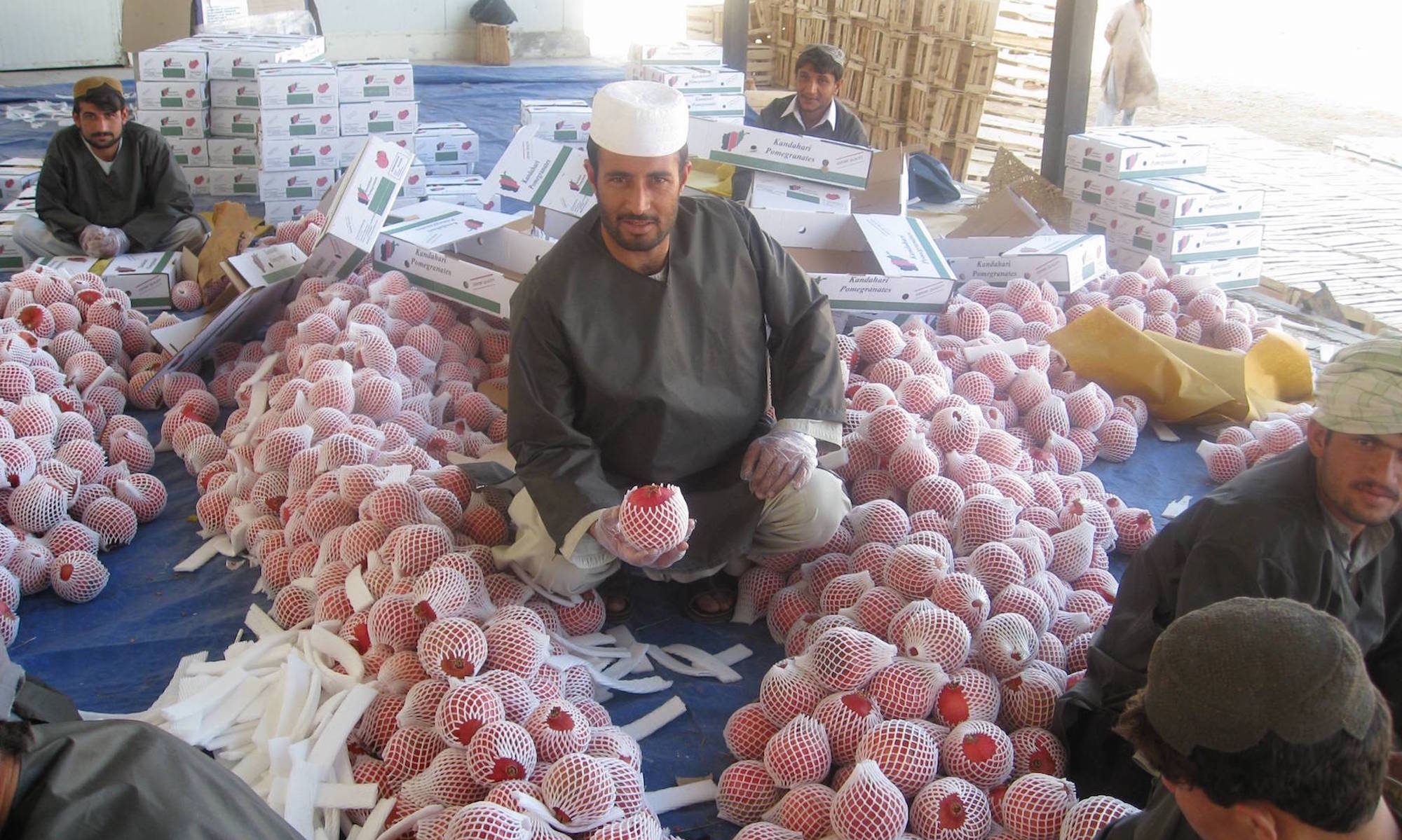Many countries complete tenuous transitions to democracy and must work to prevent an authoritarian reversal, which is often at the hands of the military. One of the most important tools the new government has in dealing with the military is the amount of money allocated to the military. This leads to the question, how does government military spending in post-transition democratic countries affect the chances of democratic transition failure? The extant literature provides two answers. The first is to increase military spending to placate the military; the second is to decrease military spending to weaken the military and address social welfare needs. The article tests these two hypotheses by examining democratic transitions from 1967 to 1999 using both logit and survival analysis methods. The results of the study provide robust support for the hypothesis that decreasing military spending decreases the likelihood of a democratic transition failure.

INSCT Postconflict Research Database
The Institute for National Security and Counterterrorism's Postconflict Research Database & Analysis Project stores cross-indexed bibliographic information on hundreds of journal articles, books, book chapters, and case reports that address the broad, interdisciplinary fields of postconflict reconstruction, stabilization, and peacebuilding.